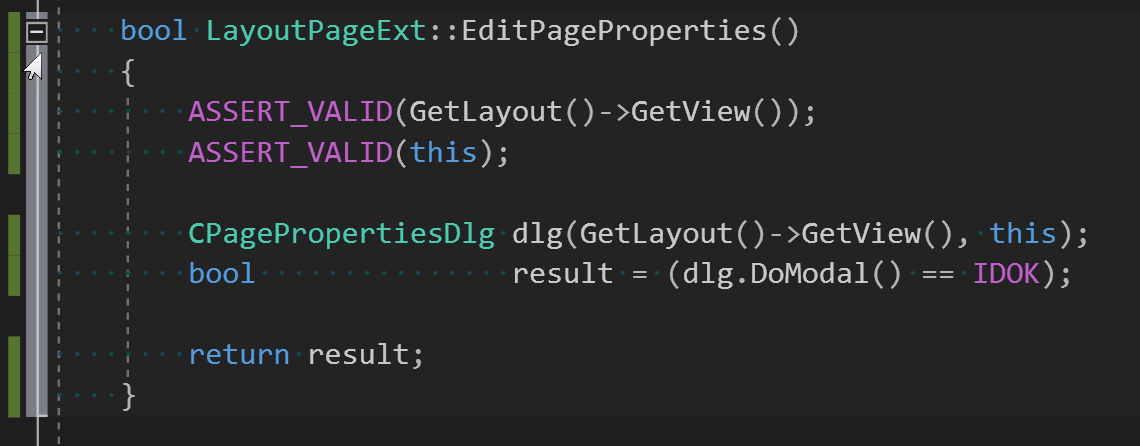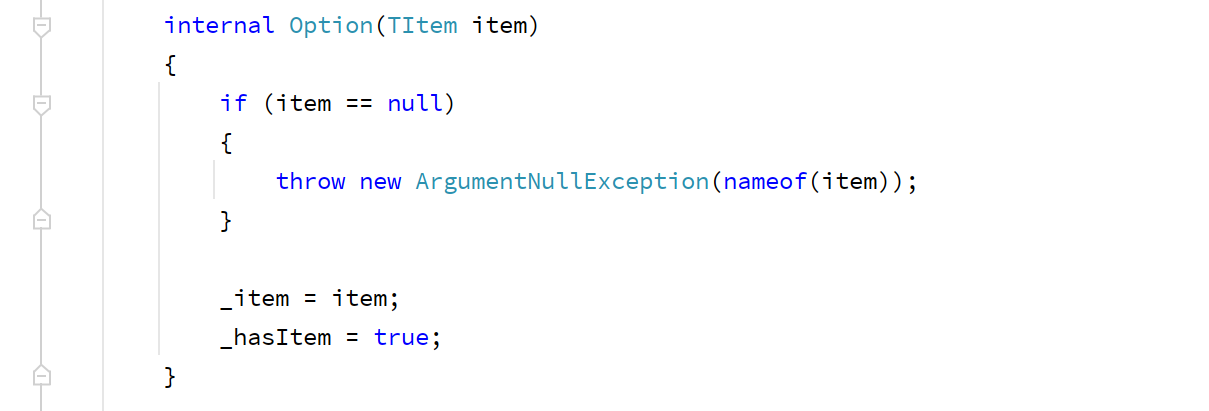Comments
Though a pain to write, comments are vital to keeping our code readable. The following rules describe what you should comment and where. However, remember: while comments are very important, the best code is self-documenting. Giving sensible names to types and variables is much better than using obscure names that you must then explain through comments. When writing your comments, write for your audience. The next contributor who will need to understand your code. Be generous - the next one may be you!
Language
Comments are written in English.
Style
We only use double and triple-slash comments. We do not use the /* */ - style comments. Write your comments above your code you want to comment. Only write comments on the right side of the code when doing so would benefit the readability greatly and the code in question is very short, e.g. an initialization. If your code describes a block of code, consider refactoring it into a function.
XML comments
Try to document your public interface.
- The comments for an interface should be only in the header file.
- Try avoiding stating the obvious.
- We use XML-comments to document the interface.
/// <summary>
/// Specifies that <see cref="Open"/> should open an existing file.
/// When the file is opened, it should be truncated so that its size is zero bytes.
/// Requires that <see cref="Write"/> is called too.
/// Can not be used to together with <see cref="Append"/>.
/// </summary>
IFileOpeningBuilder Truncate(bool truncate = true);
Commenting a function
We want to adhere closely to this style because Visual Studio can read and interpret the XML comments, and IntelliSense will give you a real-time information on ctrl-space. As you can see, you do not only get the general summary, but a value-by-value reference of the parameters.
Write useful comments
A comment is useful, if it helps to understand the code better than without. Comments are not useful if they state the obvious or are repeating what the code already tells you. Comments are especially useful if you do something out of the ordinary, or complex. A high-level description of an algorithm for example is usually a good idea.
ASCII Art seperators are forbidden in code
For visual seperation you can use a #pragma region declaration.
A region can be folded for increased visibility:


Comments on curly brace
There are no comments on the ending curly brace. Your IDE can do code folding


Do not commit code that is commented out
Code that is not compiled will rot and will be useless soon. If you really need the code, why is it not compiled? Delete the code. If you really need it again, you can always use your source control system.